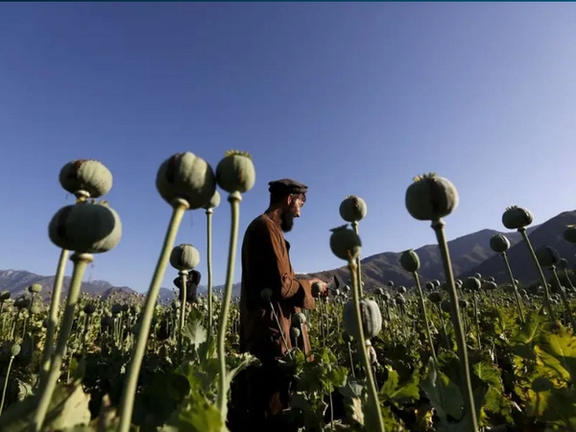According to Safi, earlier, a family member of a Taliban cabinet member chose to host their wedding ceremony in Peshawar rather than Kabul.
In an analysis published in Jang newspaper, it has been stated that according to estimates, about five thousand members of the Taliban have Pakistani citizenship.
The memo stated that when former Taliban leader Mullah Akhtar Mansour was killed in a US drone strike in 2016, a Pakistani electronic identity card was found with him.
At that time, Mansour was targeted by a Pakistani drone attack in Baluchistan when he was coming to Pakistan from Iran.
In the analysis of Jang newspaper, it has been stated that a wide and diverse range of Afghan immigrants are currently living in Pakistan.
The newspaper has classified Afghan immigrants in Pakistan into seven different categories.
According to the analysis, the sixth and seventh categories are Afghans who have sought refuge in Pakistan in the past two years, fearing the Taliban's revenge.
This category includes former government employees, artists, civil activists, and former employees of foreign organisations in Afghanistan. Western governments have promised some of these immigrants that they will be granted visas, but as of now, these visas have not been issued.
Some others entered Pakistan with short-term health and tourist visas, but the Pakistani embassy in Kabul did not extend their visas.
In the analysis of the Jang newspaper, the government of the country has been asked to sympathise with these immigrants and provide them shelter.
Earlier, human rights organisations expressed concerns that if these Afghans are deported from Pakistan, they could be at risk of retaliation from the Taliban.






